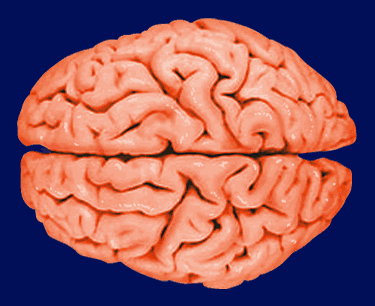Posts Tagged ‘Brain Function’
Caffeine and Performance – Part 2
In my last post (Caffeine and Performance – Part 1), I looked at the benefits that Caffeine provides in fat loss and burning calories as well as the best form of Caffeine for the greatest results (pill form is better than coffee). In Part 2 of this 2 part series, I am going to look at how Caffeine impacts Cognitive Performance (Brain Function) and Endurance & Strength. There are numerous studies which look at the combination of Caffeine & Creatine and Caffeine & Carbohydrates as it relates to Endurance and Strength, but I am focusing on Caffeine specifically so, for our purposes, these pieces of research are excluded from my analysis.
3) Cognitive Performance
Several studies have shown that Caffeine improves both cognitive performance and mood in the general population (1,2). A study by McLellan et al. (3) showed that soldiers given Caffeine were able to complete a vigilance task with less errors and an obstacle course faster than their non-Caffeinated counterparts. These tasks were performed in a sleep deprived state (4 hours of sleep) where Caffeine was supplemented 3 times at 200 mg per dose (600 mg total) with about 2.5 hours between doses. The last dose was given 30 minutes before the testing. The Caffeine was administered via a caffeinated gum. The Vigilance task involved observing a building for 2 hours and recording any observations. Within each 20 minute block, an activity lasting 5s was presented. The Caffeine group had fewer errors than the placebo group. There were 3 Obstacle Courses and the Caffeine group completed them faster and with fewer errors than that placebo group. The study concluded that Caffeine “maintained both vigilance and physical performance during sustained operations that require periods of overnight wakefulness and restricted opportunities for daytime sleep.” (3)
Another study by Lieberman et al. (4) looked at cognitive performance of U.S. Navy Seals in a sleep deprived state when supplementing with Caffeine. Participants were randomly assigned doses of either 100, 200 or 300 mg of Caffeine in capsule form. One hour after consumption, participants performed a battery of tests related to vigilance, reaction time, working memory, motor learning and memory. Caffeine had the most significant effects on tasks related to alertness. Results were also significant for assessments related to vigilance & choice reaction time for those who received the Caffeine treatment. What was really interesting was that there was no statistical advantage of taking 300 versus 200 mg (i.e. the 300 mg group did not perform better than the 200 mg group) though there was a significant improvement in performance of the 200 mg group versus the 100 mg group. In fact, 100 mg was no more advantageous than a placebo! (4)
These studies (3,4) demonstrate the effects of Caffeine on cognitive performance Read the rest of this entry »



